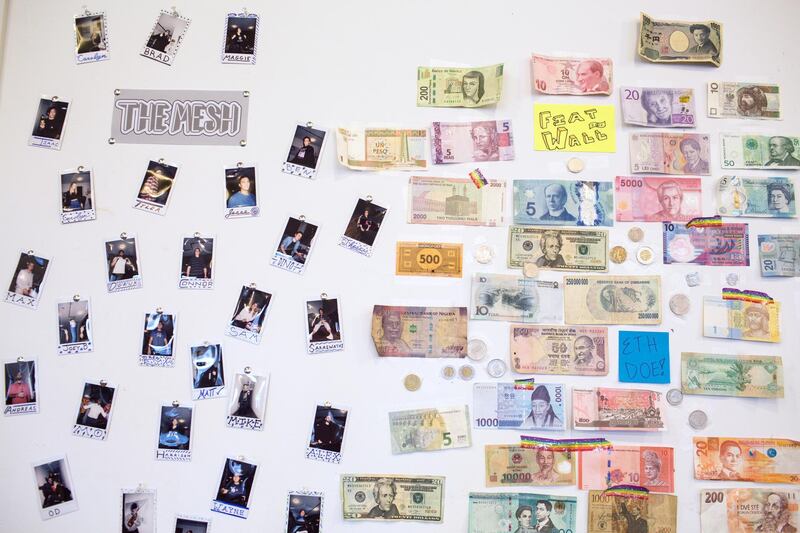Hedge funds and speculators continue to revise their bearish view on the dollar, making historic cuts to their short positions at both ends of the risk spectrum.
They have now reduced their short dollar bets against a range of emerging market currencies for five weeks in a row, something they haven't done since 2014.
That's now the smallest net short position in almost a year, according to the latest Commodity Futures Trading Commission figures for the week ending May 8.
They are also now holding their biggest net short Swiss franc position in six years. The move over the last fortnight marks the biggest two-week build-up of bets against the traditional safe-haven currency since 2009.
Foreign exchange has not been a happy hunting ground for hedge funds this year. Eurekahedge's FX Hedge Fund Index was up just 0.13 per cent in April, the smallest monthly gain in over a year, and is down 0.24 per cent year to date.
Emerging markets have come under heavy selling in recent weeks, bearing the brunt of the sharp rise in the dollar and US bond yields since early April. That said, the 10-year Treasury yield's failure to make a convincing break above 3 per cent has taken the wind out of the dollar's sails in recent days.
But the dollar continues to rally against emerging currencies. Certain emerging nations such as Argentina and Turkey have come under particularly heavy pressure, with both currencies slumping to record lows last week.
Hedge funds and speculators active in US futures markets turned against emerging FX in favour of the dollar for the fifth week in a row. The net short dollar position is now worth just $1.6 billion, the lowest since June last year.
_______________
Read more:
Blackstone Group’s assets surge 22% to $450 billion
How to bulletproof your portfolio against the new bear market
_______________
With the Federal Reserve almost alone among major central banks raising interest rates, the dollar and US assets are becoming more appealing relative to higher-yielding but riskier emerging market currencies and assets.
The 10-year US yield of 3 per cent appears to have drawn huge demand for Treasuries, at the same time investors have been turning away from emerging markets.
The market looks to have reached an inflection point though. It's been three weeks since 3 per cent was reached for the first time since 2014, but there has been no follow through.
If 3 per cent holds, currency speculators will have a decision to make: do they continue paring back their short dollar position, or double down on it on the view that 3 per cent is as good as it gets?
The value of the overall net short dollar position against emerging and developed currencies in the latest week was $13.31bn, down from $18.32bn the week before. It's now the smallest net short position since the week ending February 20 and has more than halved since mid-April.
A large part of that, at least in relation to developed currencies, was down to moves in the Swiss franc. CFTC speculative accounts now hold a net short franc position of 32,602 contracts, the biggest since 2012.
They also virtually tripled their net short Australian dollar positions to 16,766 contracts in the latest week.
Reuters






